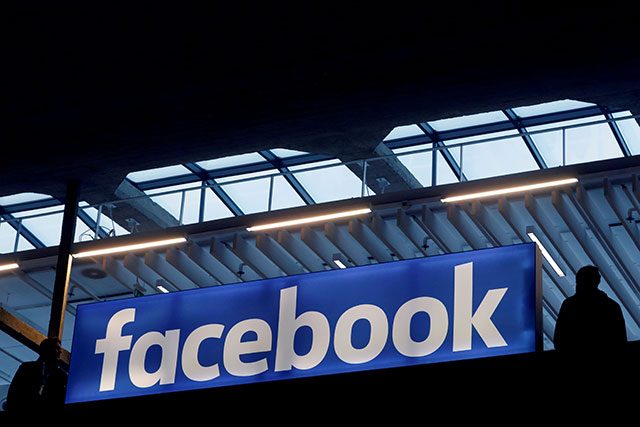
July 25 – China has withdrawn its approval for Facebook Inc’s plan to open a new venture in the eastern province of Zhejiang, the New York Times reported on Wednesday, citing a person familiar with the matter.
A Chinese government database showed that Facebook had gained approval to open a subsidiary, but the registration has since disappeared, according to checks made by Reuters.
The move is a setback for Facebook, which has been struggling to gain a foothold in China, the most populous country in the world, where its website and messaging app Whatsapp remain blocked.
The incident also illustrates how difficult it can be for a U.S. company to navigate the government bureacracy in a country where so many technology firms have tried and failed.
“Terms like ‘The Great Firewall'” often gives outsiders the impression that the Chinese government is totally united on technology policy,” said Matt Sheehan, an expert on China-California relations and fellow at The Paulson Institute think tank. “In reality, within that Firewall are lots of competing fiefdoms and ongoing turf wars.”
China’s decision comes amid escalating tensions with the United States after the world’s two largest economies imposed tariffs on each other’s imports.
Tougher foreign investment restrictions targeting China, which will be part of a new law expected to pass the U.S. Congress next month, are likely to worsen relations between the two countries and companies have been caught in the middle.
U.S. chipmaker Qualcomm Inc’s deal to buy NXP Semiconductors NV has yet to win approval from Chinese regulators, the only holdout from eight of nine global regulators required to approve the deal.
Barring a last-minute reprieve, Qualcomm said Wednesday it would make good on a pledge with NXP to call off the merger if it had not won Chinese regulatory approval by 23:59 Eastern U.S. time on Wednesday.
Facebook, which said on Tuesday it planned to create an “innovation hub” to support local startups and developers, did not respond to multiple requests for comment. Its hub was a planned for the province of Zhejiang, whose capital, Hangzhou, is a tech center home to some of China’s top software and internet companies, including conglomerate Alibaba Group Holding .
Facebook’s plans for China were similar to businesses it set up in other countries: Station F in France, Estacao Hack in Brazil, Tech Hub launch in India and Innovation Hub in Korea.
The decision to take down the approval came after a disagreement between officials in Zhejiang and the national internet regulator, the Cyberspace Administration of China, which was angry that it had not been consulted more closely, according to the New York Times.
“This is more about internal Chinese politics than it is about Facebook and China,” said Gary Rieschel, a longtime venture investor in China and founder and managing partner of Qiming Venture Partners. “The central Cyberspace Administration of China regulators were miffed they were not consulted more thoroughly by the Zhejiang authorities prior to approval.”
“I don’t think it means anything new for U.S. tech firms trying to enter China,” he said.
China’s central government has made it clear that it wants the country to lead in technologies like artificial intelligence, putting pressure on provincial governments to attract more technology talent.
The Chinese internet regulator was not immediately available for comment. Other Chinese officials could not be reached outside business hours.
Shares of Facebook fell as much as 24 percent in after-hours trading on Wednesday after the company reported slowing revenue growth amid larger expenses to address concerns over privacy and security of user data.
The decision does not necessarily spell the end of opportunities for Facebook in China, and the government’s withdrawal does not mean Facebook was close to bringing its social network into the country, said investors who have worked in China.
“Facebook opening a research center in Hangzhou wasn’t going to fast-track the entry of its main product to Chinese markets,” Sheehan said.
China strictly censors foreign news outlets, search engines and social media including content from Twitter Inc and Alphabet Inc’s Google.
“While Facebook had hoped to dip a toe in the market and work with Chinese developers, its very presence appears to have become a large, and incendiary, political question,” said Daniel Morgan, a portfolio manager at Synovus Trust, which holds 73,386 Facebook shares. -Reporting by Supantha Mukherjee and Vibhuti Sharma in Bengaluru and Heather Somerville in San Francisco. Editing by Bernard Orr and Susan Thomas









